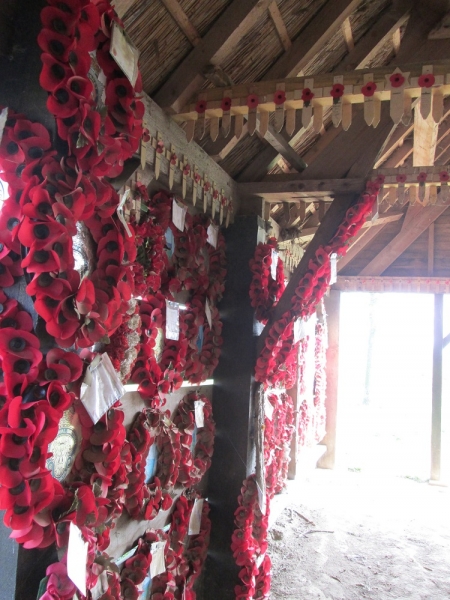Dunkirk The story behind the story

Dunkirk
This was not my first visit to the beaches of Dunkirk - yet being there again and realising how our poor soldiers were sitting ducks in 1940 still made me feel sad and humble.
My previous visit to Dunkirk was in May 2016 as filming began for Christopher Nolan’s highly successful film DUNKIRK. The city and beach were dressed for their roles. Filming took place where the action had unfolded; some of the original Belle Époque houses near the beach are still scarred with bullet holes so didn’t need any special effects.
I watched a workman hammering on a piece of scenery. It was the funnel of a ship at a cock-eyed angle so that it looked as if it was sinking fast. A trio of ships were lined up ready to be dive bombed; playing a wartime role was a 1954 French warship, a Norwegian ship painted to look like a hospital ship, and a third made from wood that looked totally realistic.
We were staying at the Hotel Borel, as was Harry Styles, one of the stars of the film. Outside, always, a crowd of hopeful teenage girls waited for a glimpse of him. They were so disappointed when we stepped out of the car!
I also paid another visit to the massacre site at Esquelbecq. Since my previous visit they’ve opened a new museum upstairs in the village’s visitor centre. It’s very small, just a few rooms, the exhibits; bullets from the barn, weaponry and uniforms etc were interesting – however it was the video interviews of the men who somehow survived that I will never forget. It was heart breaking. Old men now, their voices were as frail as their bodies and it was clear that the passage of time had not lessened the nightmare and they struggled to tell their stories. Their wives also spoke on how the experience had affected the men for the rest of their lives.
Eating at the restaurant, Princess Elizabeth, was very personal to me. She was a paddle steamer, one of Dunkirk’s famous “little ships”, she returned to Southampton after the war where my Dad, a shipwright, often worked on her. He would take a flask and sandwiches for a hurried lunch as he worked; we had a wonderful meal and excellent wines and relaxed.